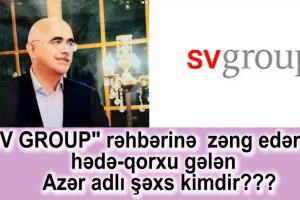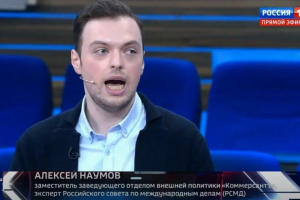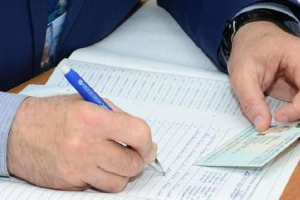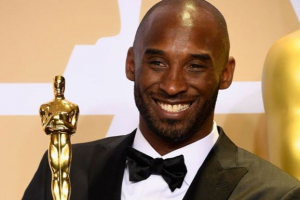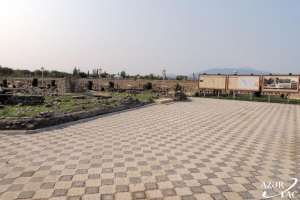


Bucking political tensions, Germany’s export credit guarantees for Turkey last year rose significantly to reach €1.45 billion, according to new statistics.
Berlin issued €1.45 billion worth of export credit guarantees for German firms doing business with Turkey, up from €1.10 billion in 2016, the Federal Ministry for Economic Affairs and Energy said in reply to a parliamentary question from the opposition Left Party.
The socialist Left Party had long pressured Chancellor Angela Merkel’s conservative-left coalition to impose economic sanctions due to political tensions between Turkey and Germany.
Merkel turned down such calls and advocated dialogue with Ankara, but ahead of general elections last September, her government decided to introduce a €1.5 billion cap on the total sum of export credit guarantees for Turkey.
Matthias Machnig, state secretary of the Federal Ministry for Economic Affairs and Energy, told lawmakers that Germany’s expected new coalition government would decide whether or not such an upper limit would also exist this year.
Germany and Turkey recently took steps to normalize their relations, and during his visit to Berlin on Feb 15, Turkish Prime Minister Binali Yildirim called for a new era in relations.
EU heavyweight Germany is Turkey’s main economic and trade partner. In 2017, the bilateral trade volume reached €37.6 billion. More than 6,500 German companies are currently active in Turkey.
Relations between Ankara and Berlin suffered several setbacks after the defeated coup in Turkey in 2016, as Turkish politicians castigated their German counterparts for failing to show strong solidarity with them against the attempted military takeover.
Ankara also slammed Berlin for granting asylum to several coup suspects, turning a blind eye to terrorist groups like the PKK and FETO -- the group behind the defeated coup, which martyred 250 people -- groups which use Germany as a platform for fund-raising, recruitment, and propaganda activities.
German politicians, on the other hand, voiced concern over press freedom and human rights issues, and criticized large-scale investigations into FETO.
